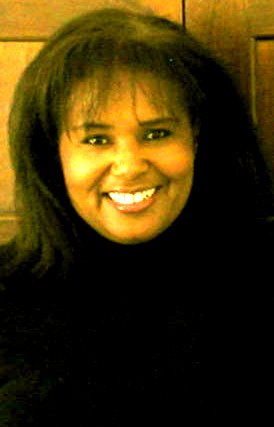When the Janjaweed Come...
When the Janjaweed come, death is not far away.
First come the government planes, bombing. To scare the people out into the open from their villages. Then come the Janjaweed. They swoop in, on camel- or horseback. They shoot anything that moves: human or animal. young or old, male or female. They rape the women and girls. Villagers who are not shot, might be hacked to pieces, left to bleed to death. Dead animals are tossed into wells to poison the water as they rot away. Escape into the desert is not escape at all: many die of thirst trying to walk to a refugee camp. And the terror of the dreaded Janjaweed returning is present every minute.
The Sudanese government is conducting a systematic program of ethnic, racial and religious "cleansing" of the Darfur region of Sudan. The government, located in the northern part of the country in Khartoum is Arab-Muslim. Darfur and southern Sudan are sub-Saharan African. The Sudanese government wants Darfur "purified" so that if oil is found in that region, it will not fall into the hands of the black Sudanese. So they have chased some to the borders of Chad and the Central African Republic, where they wait in massive relief stations. The rest die. Walking hundreds of miles in the desert with barely the clothes on their backs. Trying to stay out of sight of the Janjaweed. Because when the Janjaweed come, death is not far away.
The African Union (AU), a coalition of African nations that seeks to unify the continent, and promote peace and economic growth, has a peacekeeping force of about 12,000 in the region, but the Sudanese government has roadblocked any progress toward peace in the region. The government has defied United Nations resolutions. The so-called agreement between the UN and Sudan to allow the AU to increase its presence, and do more for the refugees, has already fallen flat. Khartoum has always rejected plans for a UN peacekeeping force in Darfur (and have curtailed access and observation by the UN and other non-governmental organizations.) The latest agreement was to allow a hybrid UN-AU peacekeeping force, but the Sudanese Foreign Minister rejected that option out of hand.
A cloud of dust on the horizon signals the coming of the Janjaweed. Death rides on horseback. Death comes on camel-back. Death comes.
Meanwhile, although President George W. Bush promised, "Not on my watch," would another genocide like that between Rwanda and Burundi occur, the US seems content to talk some, but do very little. When other countries labelled the violence in Darfur a "brewing genocide," the US said nothing. When the United Nations declared the killing in Darfur genocide, the US said it was more like "ethnic cleansing" (genocide lite?). When the BBC and other news organizations broadcast some of the first images out of the region, showing dead bodies and animals, the charred ruins of villages, bones, skulls, limbs strewn along escape routes, the US was surprisingly silent. Perhaps not so surprising, since our government was adventuring in Iraq.
The orphans in the refugee camps describe in horrifying detail, in deliberate monotones, the horrors they suffered, the killings they witnessed, the rapes and other violence they endured. They speak of fleeing into the desert, lucky (if one can call it that) to have escaped the hacking machetes of the Janjaweed. They tell of walking for days, carrying brothers, sisters, babies; leading the injured and sometimes the infirm away from their burning homes. They don't look back. There is nothing to see there.
When a cloud of dust blows across the horizon, it used to be a just a haboob: the hot, Saharan desert wind. Today it may be the early warning that the Janjaweed are coming. And when the Janjaweed come, death is not far away.
------------
To read more about the crisis in Darfur, visit: http://news.bbc.co.uk/2/hi/africa/6161692.stm The BBC offers some of the most compelling reporting about Africa.

No comments:
Post a Comment